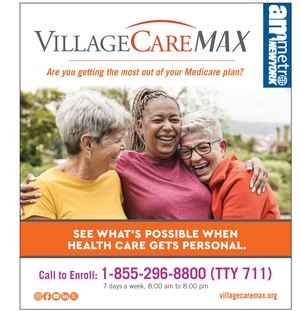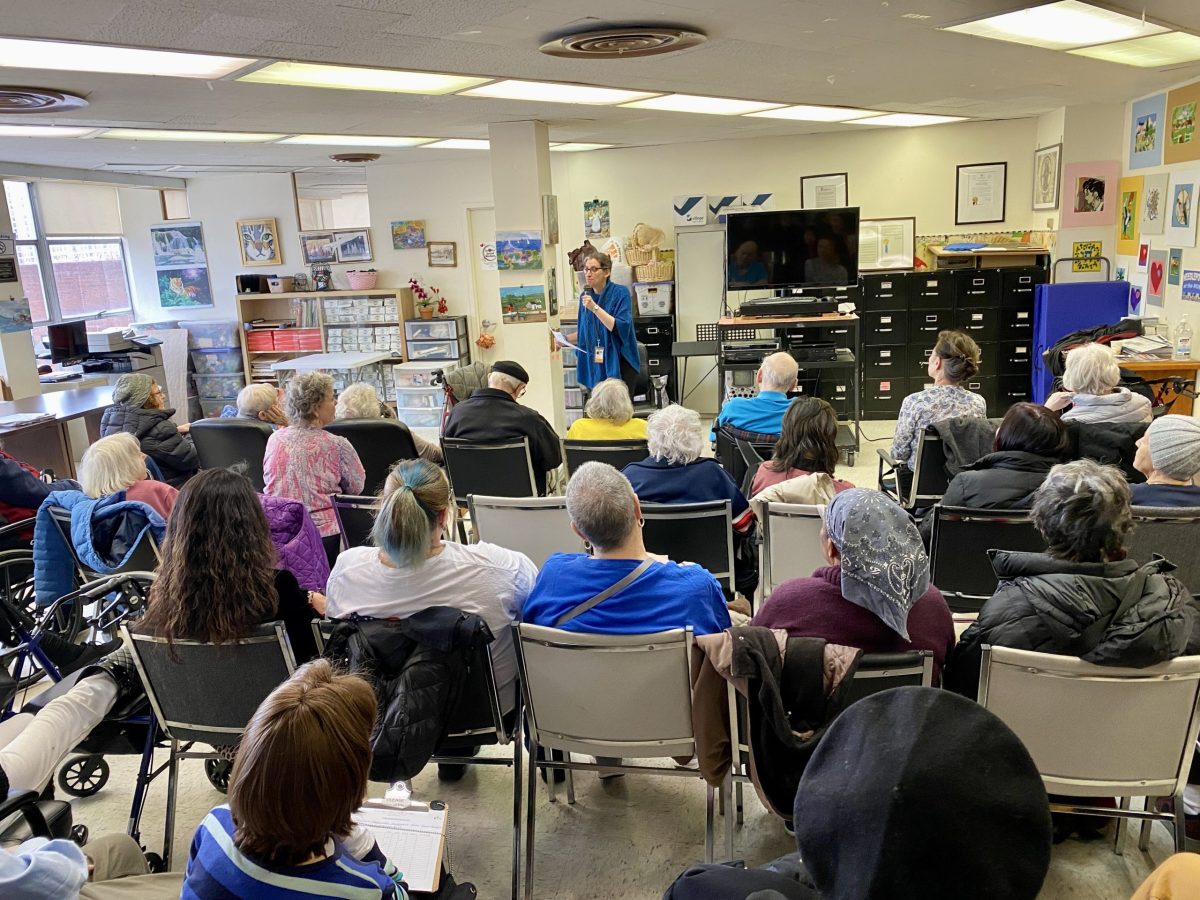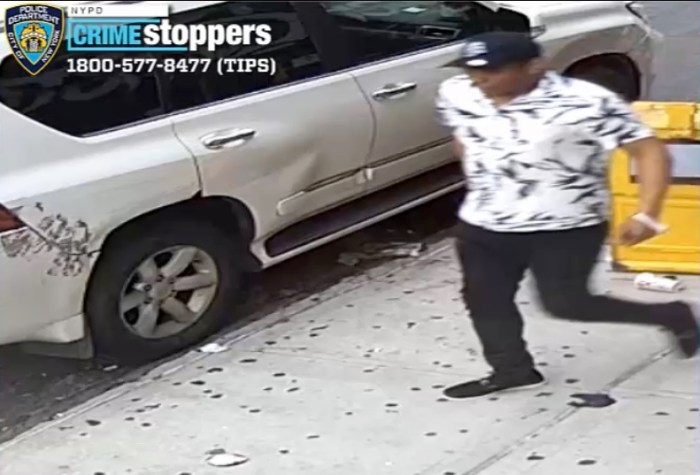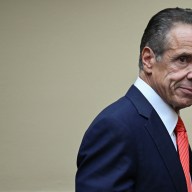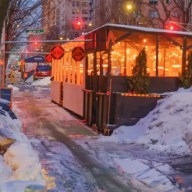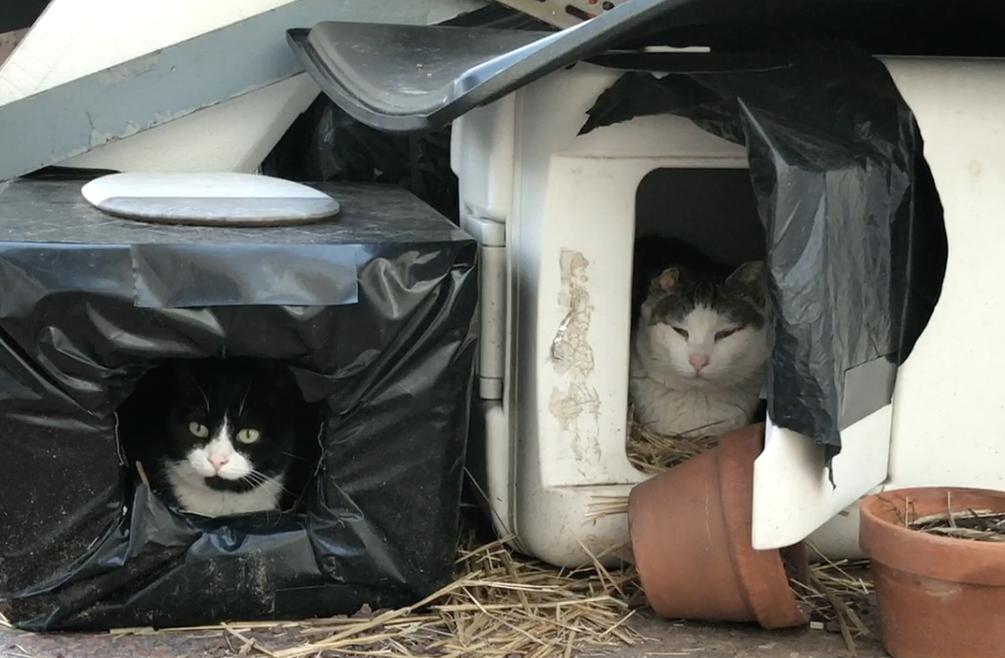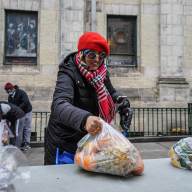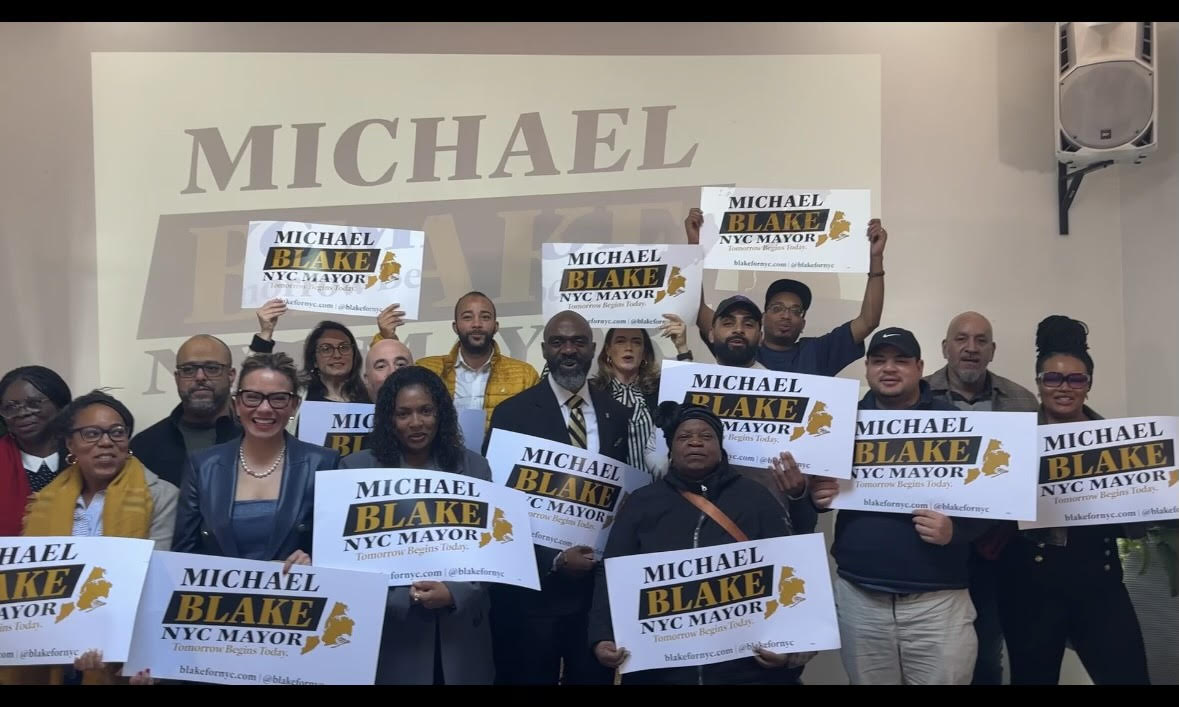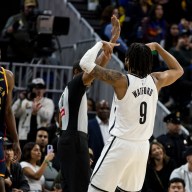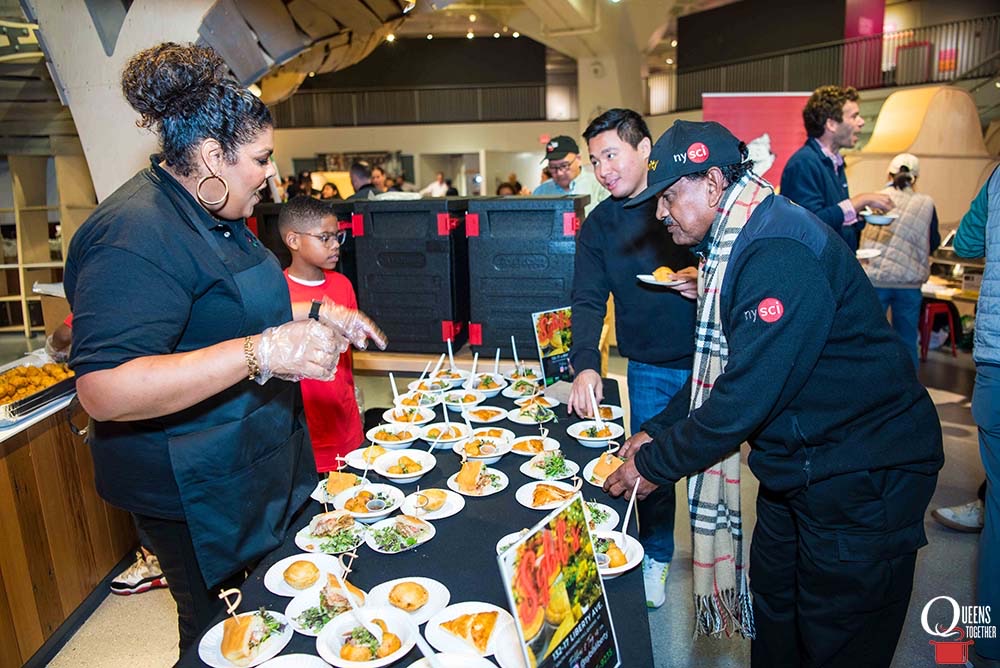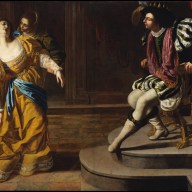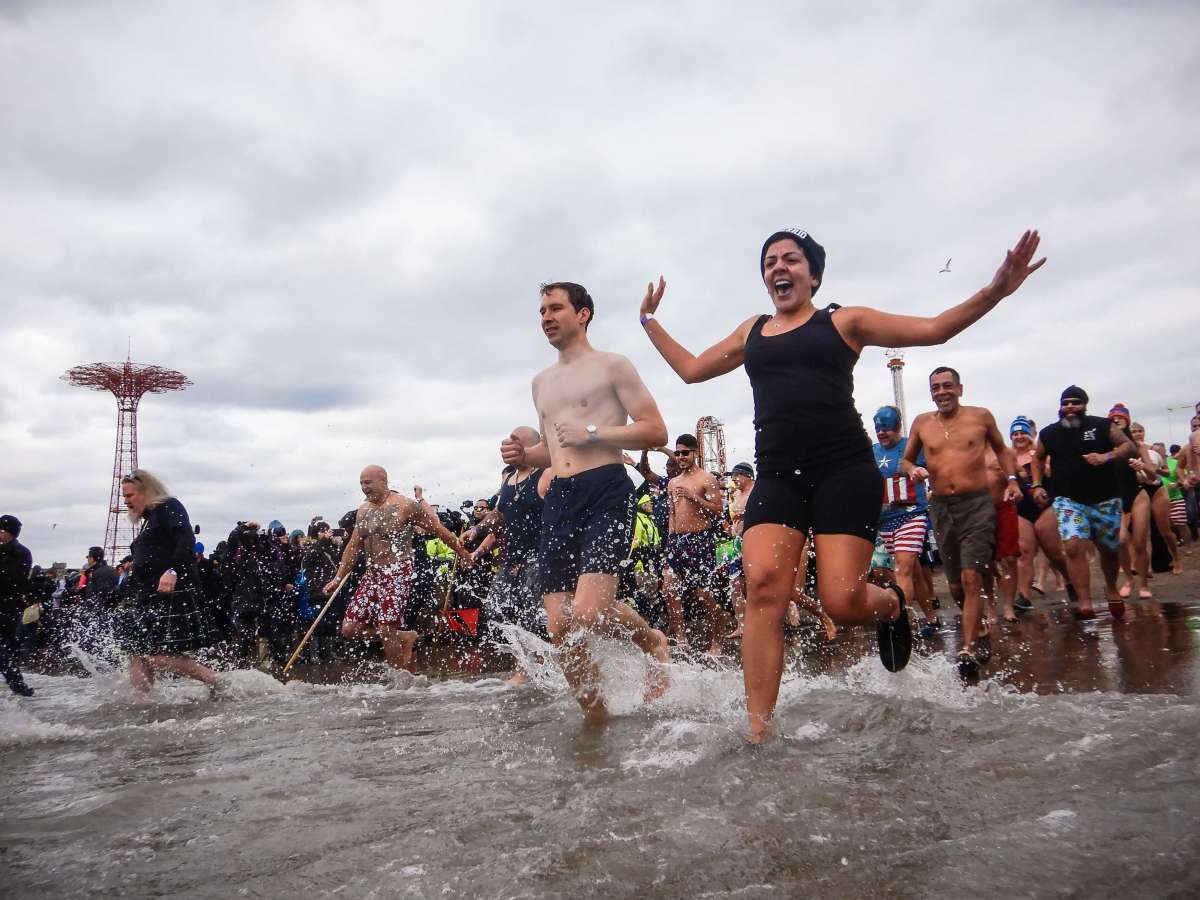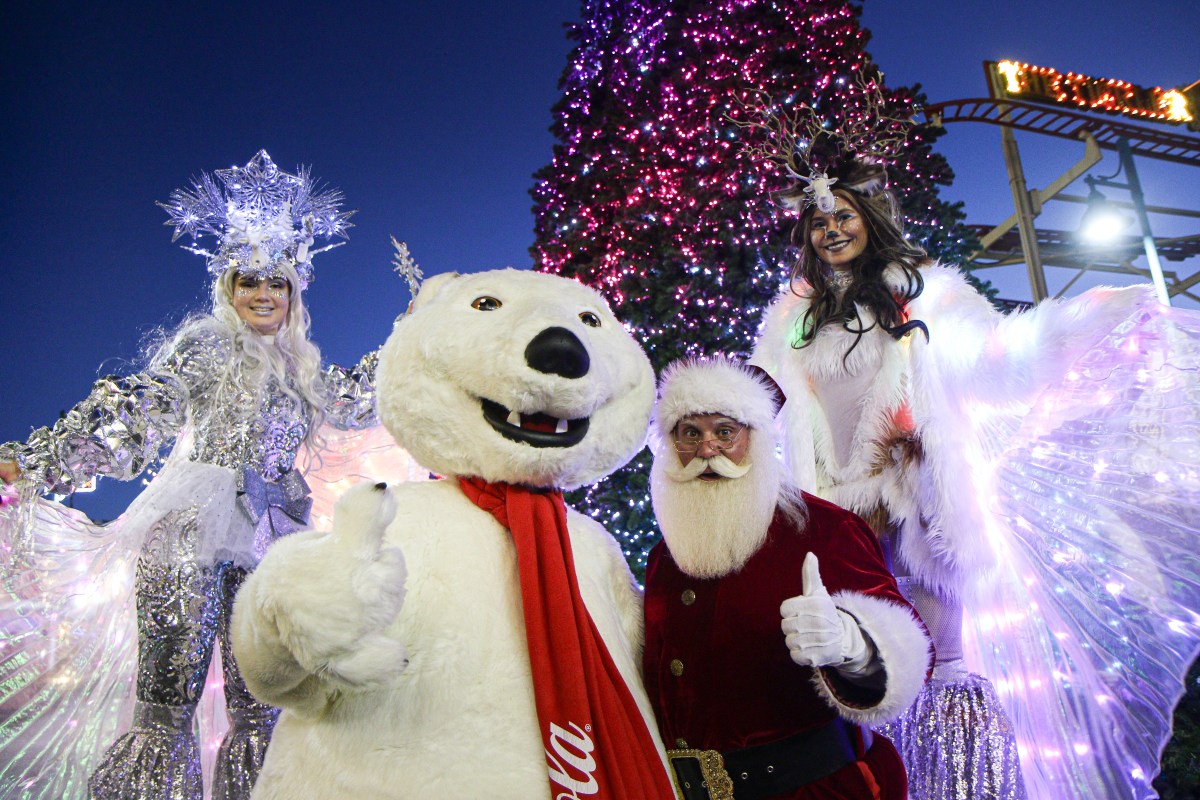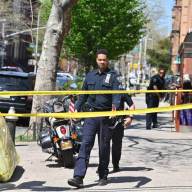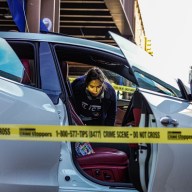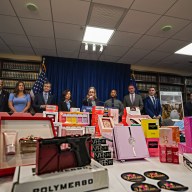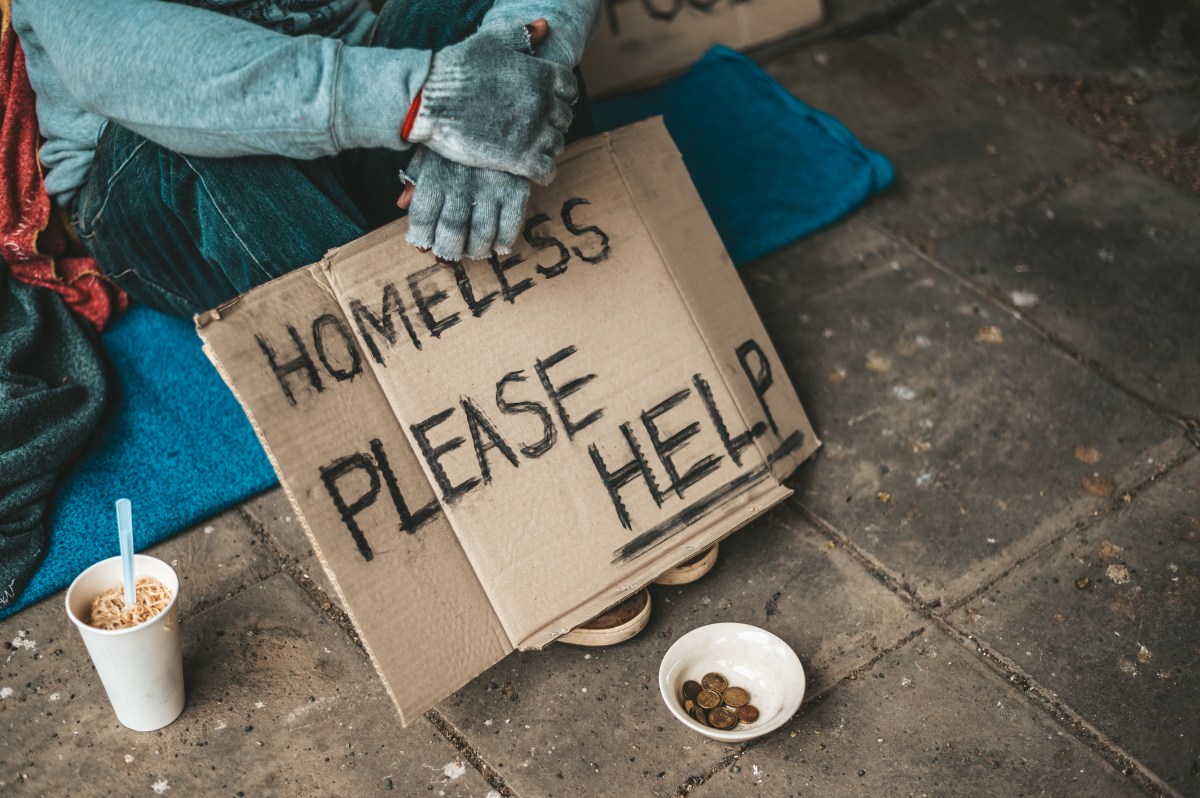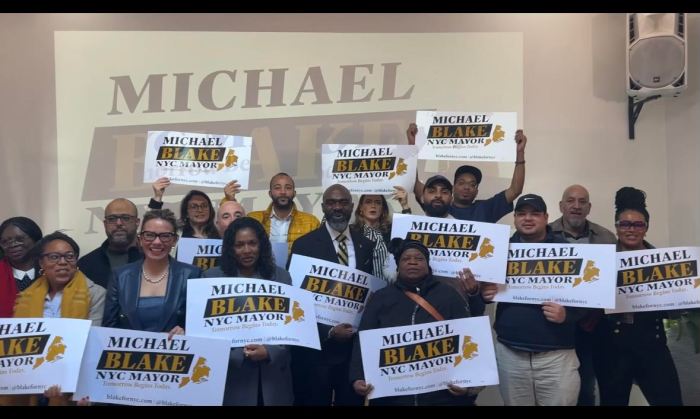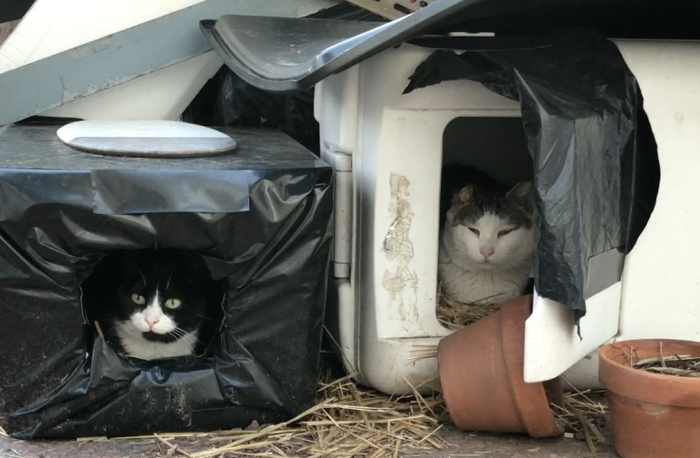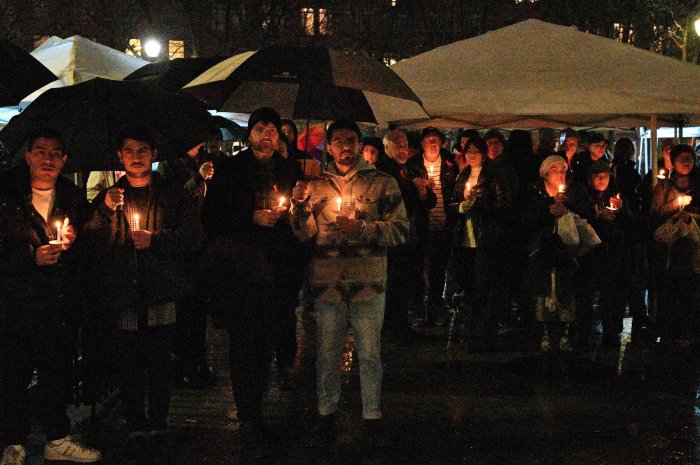As the rate of anti-Semitic hate crimes has increased in the city, including a graffiti incident last week at Hillman Houses on the Lower East Side, neighborhood residents gathered on Tuesday to focus on coping with such acts of hate.
The talk was led by Rabbi Joanna Samuels, founding Executive Director of the Manny Cantor Center, at 197 East Broadway. The event was held a few blocks away, at 465 Grand St., at the Educational Alliance’s Co-op Village Naturally Occurring Retirement Community (NORC), which provides social services for older residents on Grand Street.
“I have to admit this is a very heavy topic,” Rabbi Samuels said to the full room of about 40 people. “A topic I can’t believe we have to talk about in 2020.”
Samuels said anti-Semitic hate crimes was a topic that makes her feel vulnerable as a Jewish woman and mother of identifiably Jewish children. She added it can be triggering for her since members of her family were Holocaust survivors.
Statistics were cited showing anti-Semitic incidents to have increased in the past decade. And Samuels noted a recent study by the Anti-Defamation League which said that 11 percent of American adults harbor deeply ingrained anti-Semitic attitudes, including often agreeing with various stereotypes about Jewish people.
Rabbi Samuels also cited a wave of recent anti-Semitic incidents nationwide. “All of a sudden it feels we have woken up to a strange and dark reality,” she said.
However, Samuels also cited research showing that most American adults generally have positive associations with Jewish people, including an emphasis on family and contributing a great deal to American culture.
“The fact is, the data is all over the place,” Rabbi Samuels said.
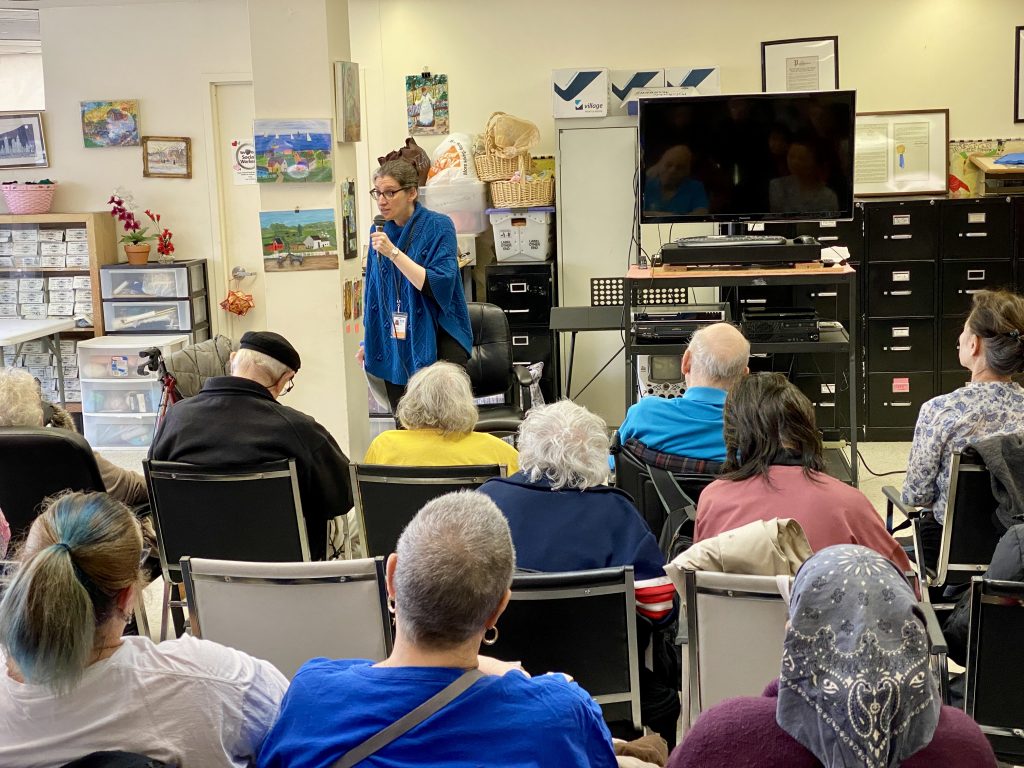
Samuels discussed good and bad responses that people can have to the rise in hateful acts. The least helpful response, she said, was to say that this is the worst time ever for Jewish people, or comparing it to the worst times. She cited a recent rally in the city against anti-Semitic acts, attended by many officials, and government officials visiting local communities. Amidst the vulnerability, many officials are supportive at various levels of government, she said, and this is a safer period than other times in Jewish history.
Other unhelpful responses, Samuels said, included statements of dread and panic that could lead to bad decisions, and using the issue for some Jewish people to vilify other Jews, whether across the political spectrum or for other differences.
Samuels also said anti-Semitic attacks shouldn’t be used as an excuse to attack or blame other minority groups. “That is not helpful and it’s not true,” she said.
It’s important to work with other groups, Samuels said, which is right to do morally and strategically. “The best thing Jewish people can do is build bridges with other communities,” she said. “Understanding we have to align ourselves. We can’t bunker down, we have to reach out.”
Early in the talk, Rabbi Samuels told a story from the Talmud, in which the Roman government forbade the Jewish people to study the Torah. Rabbi Akiva led public Torah studies and was asked if he was afraid of the government. He responded with a parable about fish fleeing from place to place, and a fox saw this and asked why. The fish said nets were cast in the water. The fox said they should come onto land and they could live together. The fish replied that the supposedly clever fox was actually foolish, and said if we’re afraid in the water, our natural habitat, then all the more so in a habitat that would cause our death.
Later, Samuels asked the audience why she shared that story. One man, named Jose, said it was important to get in another person’s shoes to gain understanding. Another man said it was important to stay where you belong. Rabbi Samuels said evil needs to be combatted by being more of who you are, and being more proud of being Jewish and having immigrant roots. “Yes there are nets, but it’s much better there than in the land,” she said.
When the discussion was opened up to the audience, comments included the importance of standing up when facing bullies or bigotry, and one woman, Elaine, said too often there were divisions within the Jewish community. “We’re all brothers, we’re all Jews,” she said. “We must accept each other.”
Another woman said she had family in Jersey City, where a December shooting led to a big memorial attended by people of all backgrounds, which she said was encouraging. But she lives in Hillman Houses, she said, where the recent graffiti incident occurred, and she said, “it feels some days like just too much.”
Rabbi Samuels responded that all of the stress and toxicity of the environment can lead to sickness and depression. “It is a lot,” she said. “The world is very broken.” She added people have to swim in their own waters of what they live for, for nourishment and understanding who they are.
After the event, Bonnie Lumagui, Director of Co-op Village NORC, said the event had been organized even before the Hillman Houses incident, and was needed to discuss tolerance in the community. “We don’t want them to feel like they can’t walk the streets of New York safely,” she said.
Lumagui said the discussion clearly resonated with people. “The silence spoke volumes, people were listening.”
Rabbi Samuels said after the event that for older community members, the recent spike in anti-Semitic incidents came at an unexpected time in life, including for some who are Holocaust survivors or family of survivors. “The more we can be open in talking about these issues, the less isolated people will feel,” she said.
